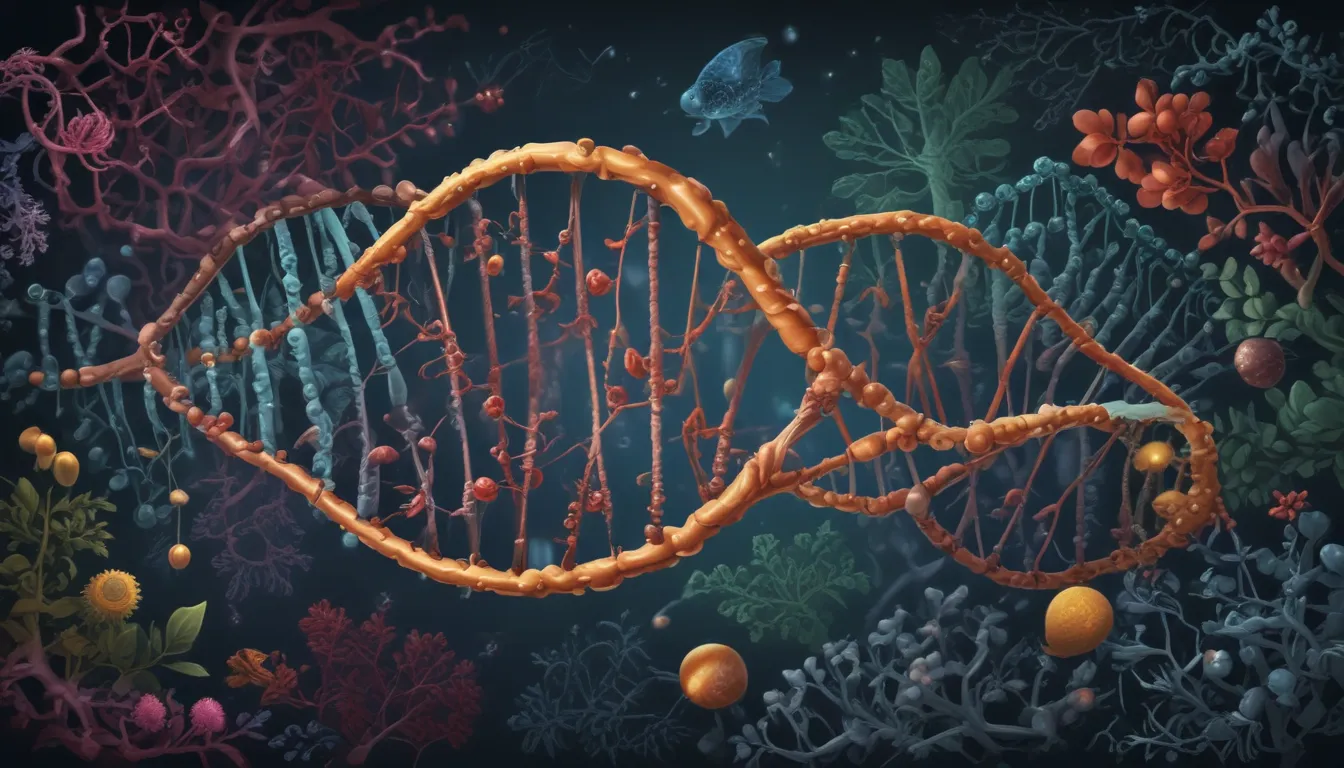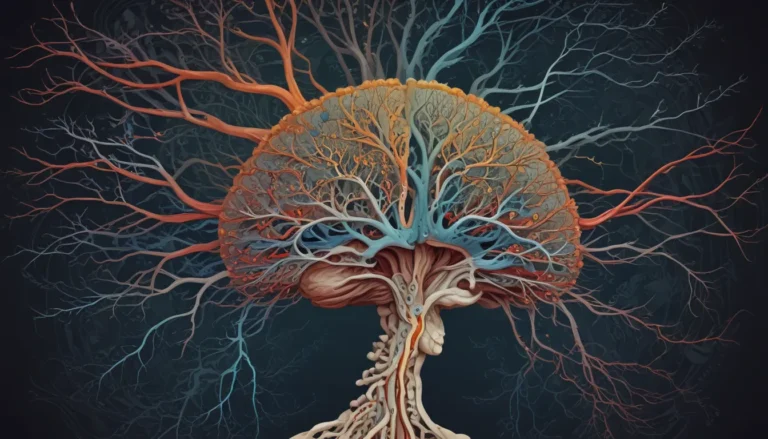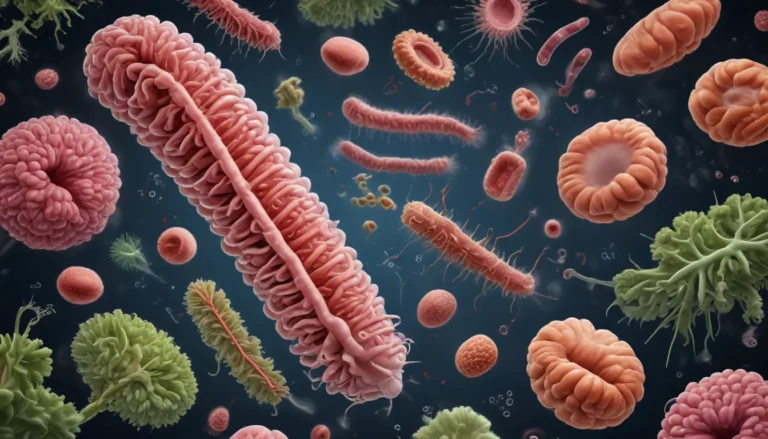A Note About Images: The images used in our articles are for illustration purposes only and may not exactly match the content. They are meant to engage readers, but the text should be relied upon for accurate information.
Genes are the fundamental units of heredity, containing the instructions that shape our unique traits and characteristics. From determining physical attributes to influencing susceptibility to diseases, genes play a crucial role in human health and diversity. In this article, we will unravel 18 captivating facts about genes, shedding light on their remarkable influence on our lives. Join us on this enlightening journey through the world of genetics as we explore the mysteries and marvels of genes.
Understanding the Basics of Genes
Genes serve as the basic physical and functional unit of heredity, carrying the blueprint for the development, growth, and function of all living organisms. Composed of DNA, genes determine traits such as eye color, hair texture, and susceptibility to certain diseases. Human cells contain thousands of genes that work together to orchestrate various biological processes, from metabolism to brain function.
The Legacy of Gregor Mendel
Gregor Mendel, known as the father of genetics, conducted groundbreaking experiments with pea plants in the 19th century. His work on the inheritance of traits laid the foundation for the science of genetics, revealing how genes are passed from one generation to the next. The interplay of different genes contributes to the vast diversity of traits observed in human populations.
Unveiling the Human Genome
The completion of the Human Genome Project in 2003 marked a significant milestone in genetic research, mapping the entire sequence of the human genome. This monumental endeavor revolutionized the field of genetics, paving the way for advancements in personalized medicine and genetic research. Genes can be inherited from both parents, resulting in a unique combination of genetic material that shapes individual traits and predispositions.
The Promise of Gene Therapy
Gene therapy, a cutting-edge medical approach, holds promise for treating genetic disorders by modifying or replacing faulty genes. This innovative field offers hope for individuals affected by genetic conditions, paving the way for personalized treatment approaches and improved quality of life. Understanding the genetic factors underlying disease risk is crucial for developing targeted interventions and advancing precision medicine.
Genetic Variability and Adaptation
Genetic variation within populations is essential for species survival and adaptation to changing environments. This diversity provides the raw material for evolution, enabling organisms to respond to environmental challenges and thrive in diverse ecological niches. Genes undergo recombination during sexual reproduction, leading to genetic diversity in offspring and contributing to the variability observed in populations.
The Role of Genes in Behavior and Personality
Genes can influence an individual’s predisposition to certain behaviors and personality traits, but the interaction between genes and the environment shapes the development of these characteristics. The dynamic interplay between genes and the cellular environment allows genes to be activated or repressed, influencing the production of specific proteins and the manifestation of particular traits.
Epigenetics and Gene Regulation
Epigenetic modifications, such as DNA methylation and histone acetylation, can alter gene expression without changing the underlying DNA sequence. These epigenetic mechanisms play a pivotal role in regulating gene activity and responding to environmental cues, contributing to the complexity of gene regulation. Ongoing genetic research continues to advance our understanding of human health and disease, unraveling the complexities of the human genome.
Delving Deeper into Genetics: A Call to Action
The world of genetics is filled with fascinating discoveries waiting to be uncovered. Exploring topics such as gene regulation, gene editing techniques, and genetic research offers tantalizing glimpses into the complexities of life. As we venture further into the enigmatic realm of genetics, we uncover more mysteries, paving the way for groundbreaking discoveries and advancements in various fields. Are you ready to delve deeper into the captivating world of genes?
Conclusion
Genes serve as the building blocks of life, shaping our unique traits and characteristics. From embryonic development to disease susceptibility, genes play a pivotal role in human health and diversity. The study of genetics holds immense potential for advancements in medicine, evolution, and understanding what makes each individual unique. As we continue to explore the intricate world of genes, we unravel more mysteries, paving the way for groundbreaking discoveries and innovations.
FAQs
What are genes, and why are they important?
Genes are segments of DNA that contain instructions for the development, functioning, and reproduction of all living organisms. They play a crucial role in determining an individual’s traits and are vital for the transfer of hereditary characteristics from parents to offspring.
How do genes impact human health?
Genes can influence a wide range of traits, including susceptibility to diseases, physical characteristics, and even behavioral tendencies. Understanding the role of genes in health and disease is essential for advancing medical research and developing personalized treatment approaches.
Trust in our commitment to quality and authenticity as you embark on a journey of exploration and learning with us. Join us in unraveling the mysteries and marvels of genes and discover the fascinating world of genetics.






